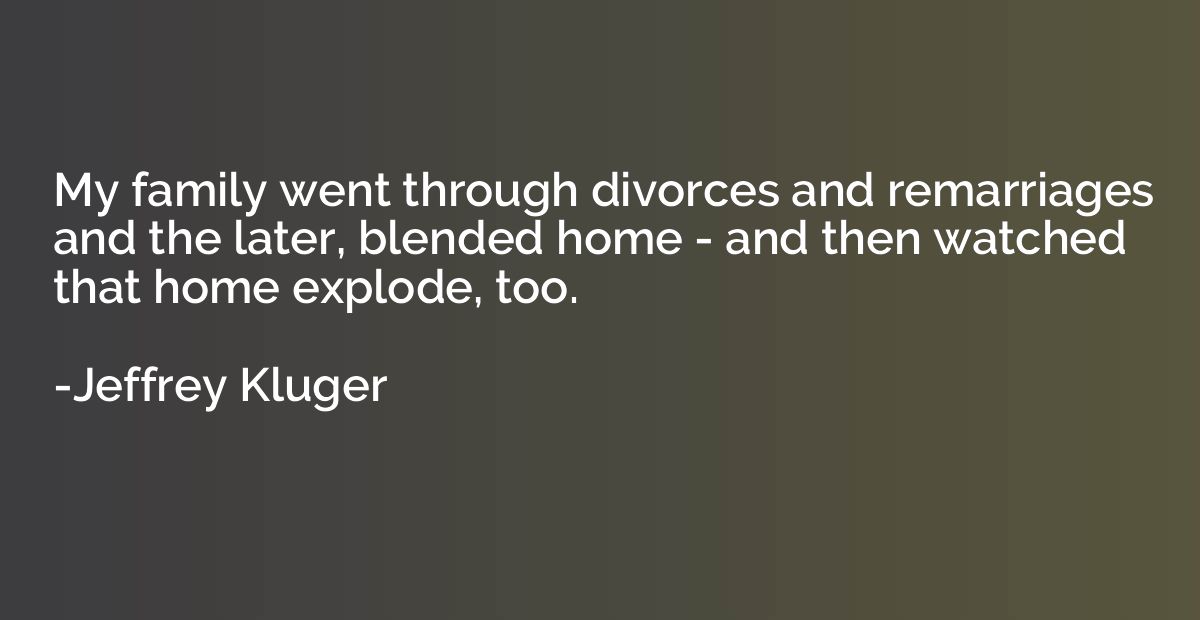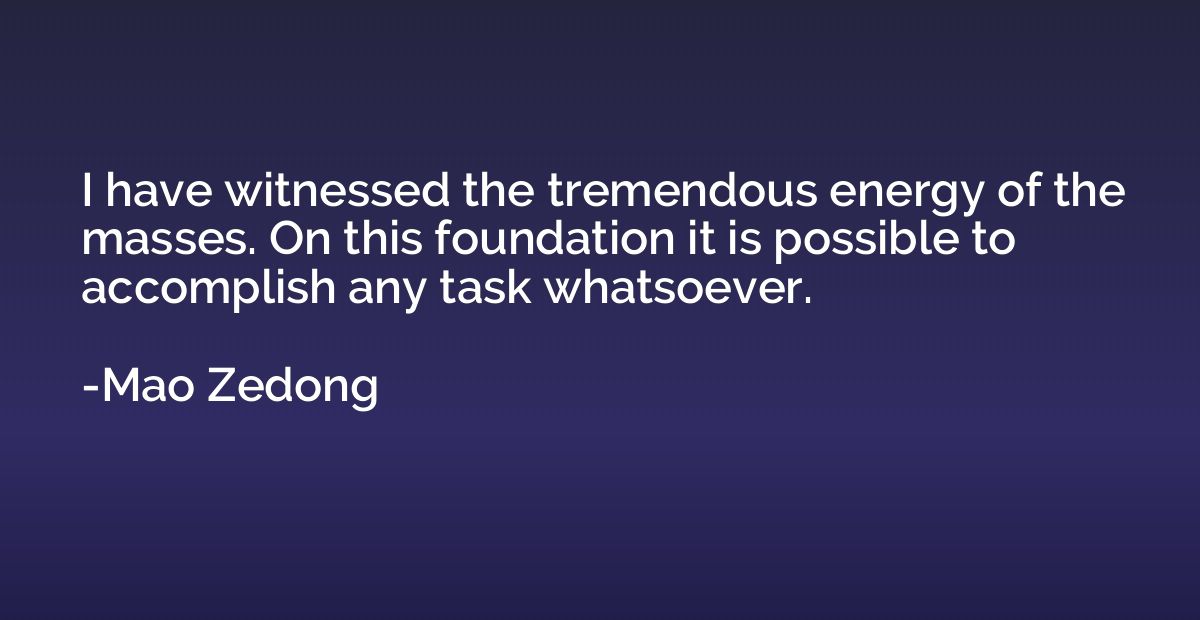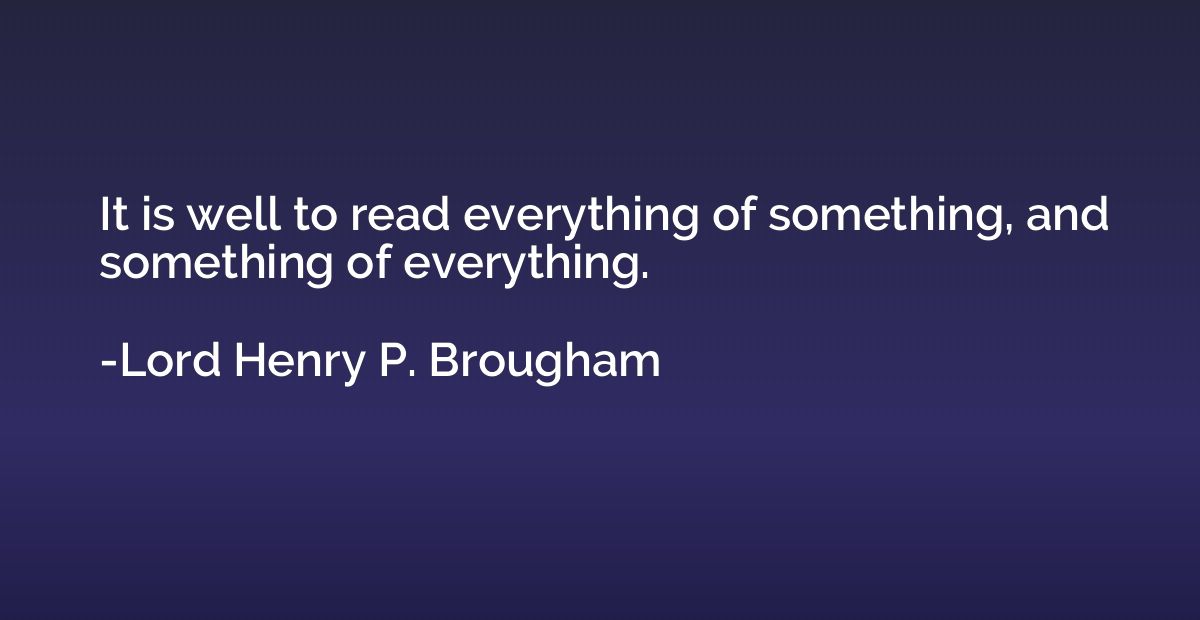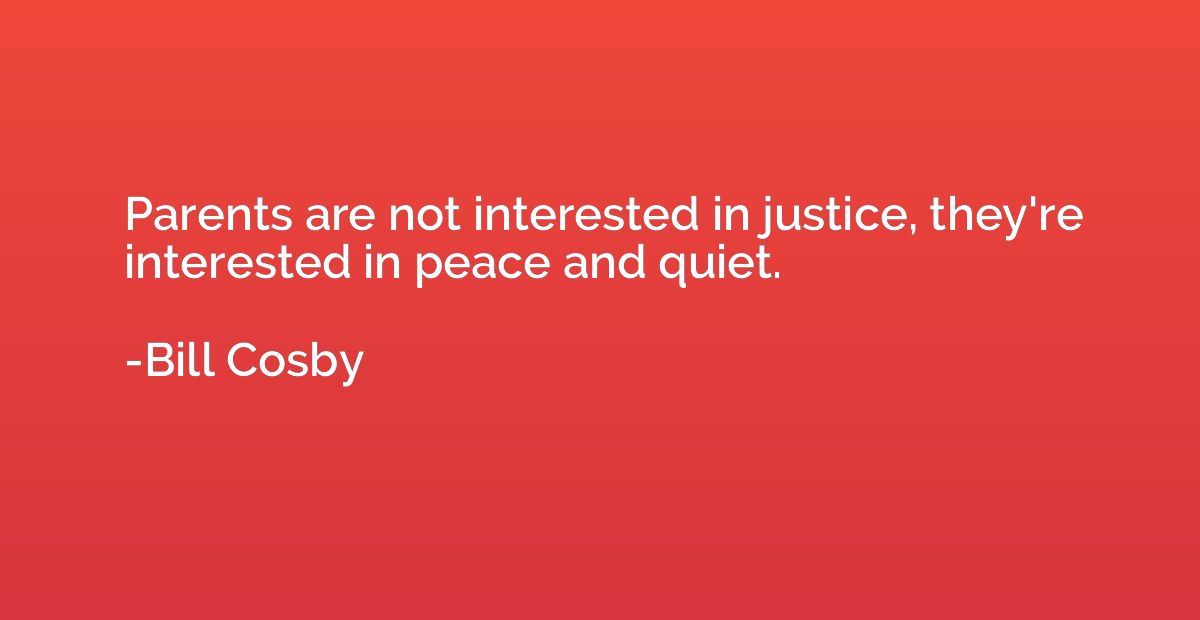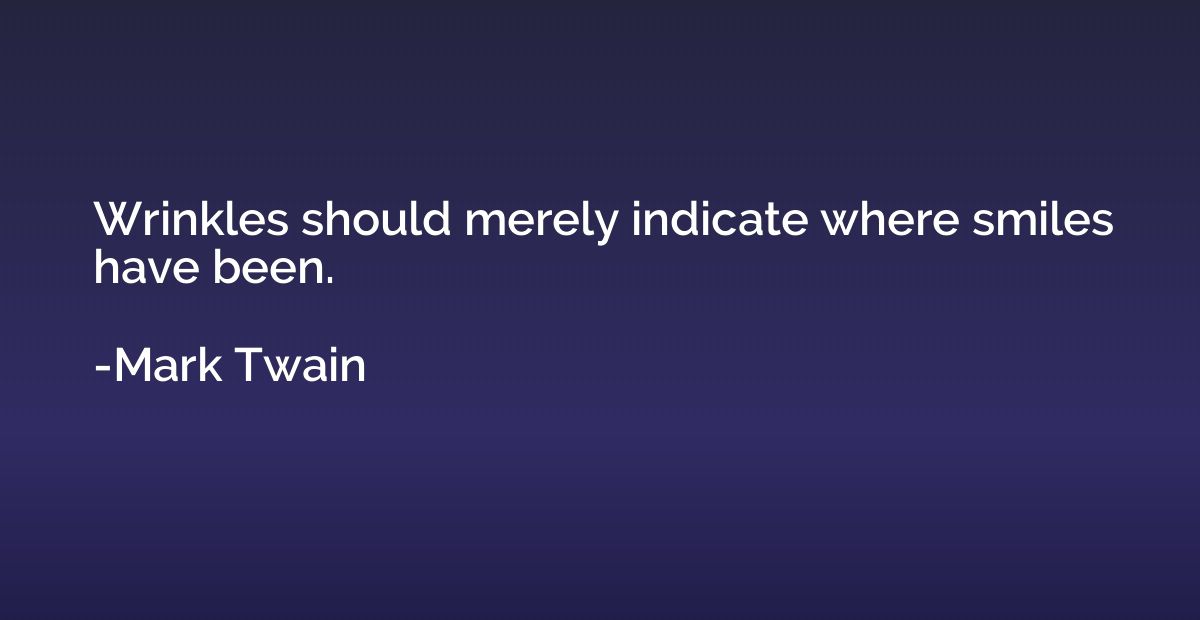Quote by Samuel Johnson
Ah! let not Censure term our fate our choice, The stage but echoes back the public's voice; The drama's laws the drama's patrons give, For we that live to please must please to live.
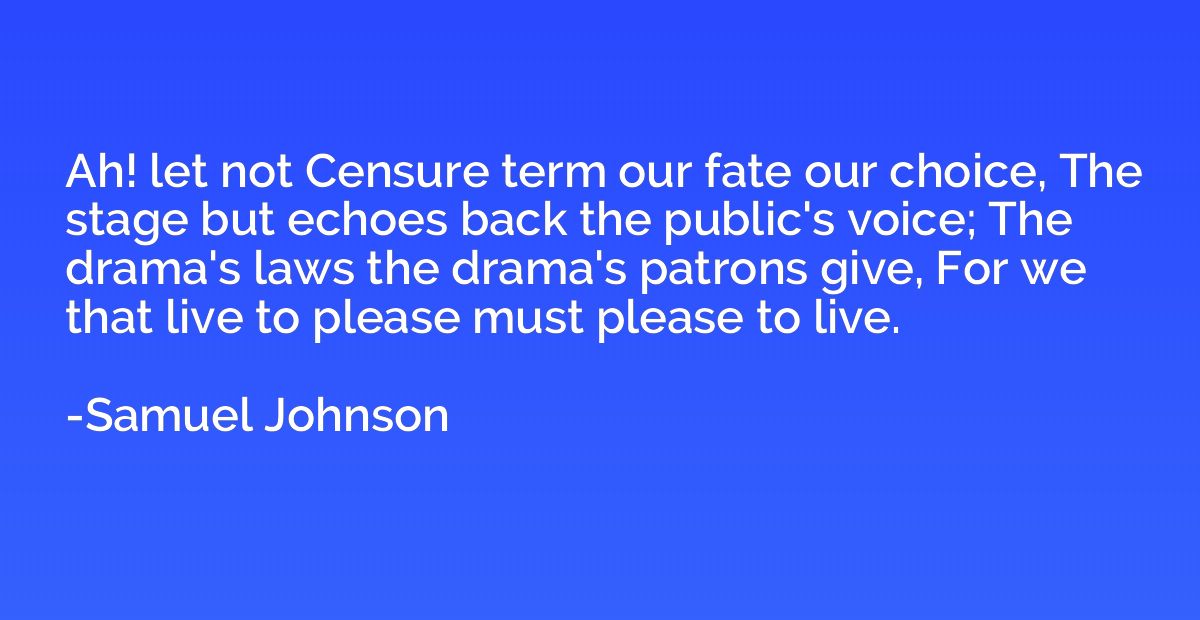
Summary
This quote emphasizes that as artists, we should not let criticism define our fate or choices. Instead, we should understand that the audience's response to our work ultimately shapes the direction of our artistic endeavors. The quote reminds us that the rules and expectations of drama are determined by the patrons (the public). It implies that as performers or creators, our primary purpose is to please the audience in order to sustain our livelihood. Hence, by acknowledging and responding to the public's voice, we ensure our continued success in the world of theater and entertainment.



